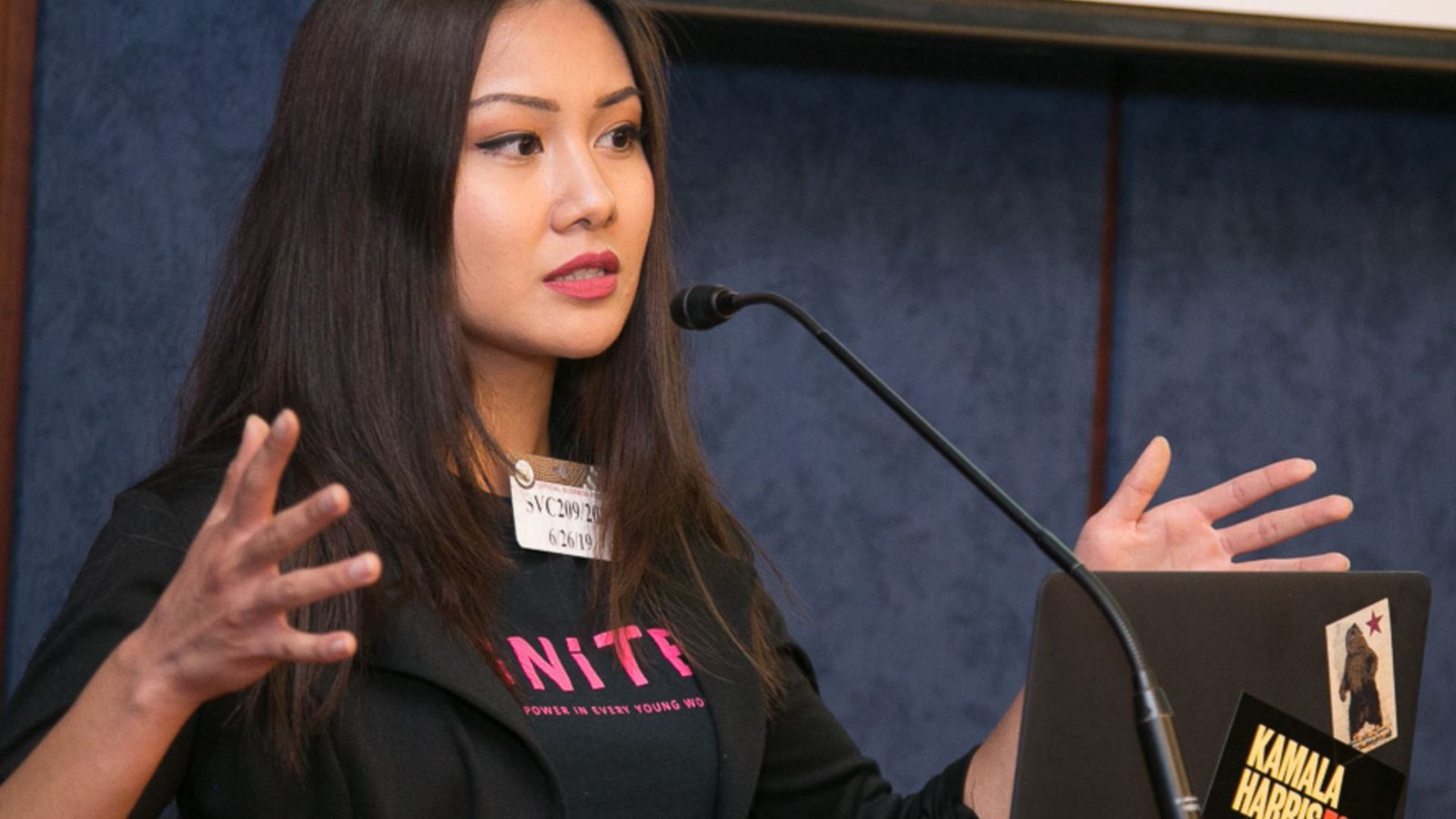Getting involved in local politics is an excellent way to influence change in your community. Whether you’re passionate about specific issues or want to make a difference, there are several ways to engage. Here’s a guide to help you get started.

1. Educate Yourself on Local Issues
Begin by learning about the issues that affect your community. Attend city council meetings, read local newspapers, and follow local government social media accounts. Understanding the challenges and opportunities in your area will help you become an informed participant.
2. Join Local Political Groups
Many cities and towns have local political groups that align with various ideologies and causes. Joining these groups is a great way to meet like-minded individuals, learn more about the political landscape, and participate in local initiatives. Groups can range from party-affiliated organizations to issue-specific advocacy groups.
3. Attend Public Meetings
Public meetings, such as city council meetings, school board meetings, and town halls, are open to residents. Attending these meetings allows you to hear directly from elected officials, ask questions, and voice your opinions on matters that concern you. Your presence alone shows that you care about your community.
4. Volunteer for Campaigns
Volunteering for a political campaign is a hands-on way to get involved. Campaigns often need help with canvassing, phone banking, event planning, and voter outreach. Whether it’s a local election or a larger state campaign, your efforts can make a significant impact.
5. Run for Office
If you’re passionate about making a difference, consider running for local office. Start with positions like school board, city council, or planning commission. Running for office allows you to directly influence decisions that affect your community. Even if you don’t win, the experience can be valuable for future involvement.
6. Engage with Elected Officials
Don’t hesitate to reach out to your elected officials. Write letters, send emails, or call their offices to share your views on issues. Attend town halls and public forums where you can ask questions and provide feedback. Building a relationship with your representatives can increase your influence.
7. Start a Community Initiative
If there’s a particular issue you’re passionate about, consider starting a community initiative. Whether it’s organizing a neighborhood cleanup, starting a petition, or hosting a public forum, taking action can mobilize others and bring attention to important causes.
8. Educate and Mobilize Others
Spread the word about important local issues and encourage others to get involved. Use social media, host discussions, or organize events to inform and engage your neighbors. The more people who are informed and active, the stronger your community will be.
9. Vote in Local Elections
One of the most effective ways to get involved in local politics is to vote in local elections. Local elections often have lower voter turnout, so your vote can have a significant impact. Research candidates and ballot measures, and encourage others to vote as well.
Tips for Getting Involved
- Start Small: Begin with small steps like attending meetings or volunteering before taking on bigger roles.
- Stay Informed: Keep up with local news and government actions to remain an active participant.
- Be Persistent: Change often takes time. Stay committed to your goals and continue to advocate for what you believe in.
- Network: Build relationships with other community members and local leaders to amplify your efforts.
Conclusion
Getting involved in local politics empowers you to influence the future of your community. By educating yourself, volunteering, engaging with officials, and even running for office, you can make a meaningful impact on the issues that matter most to you.




